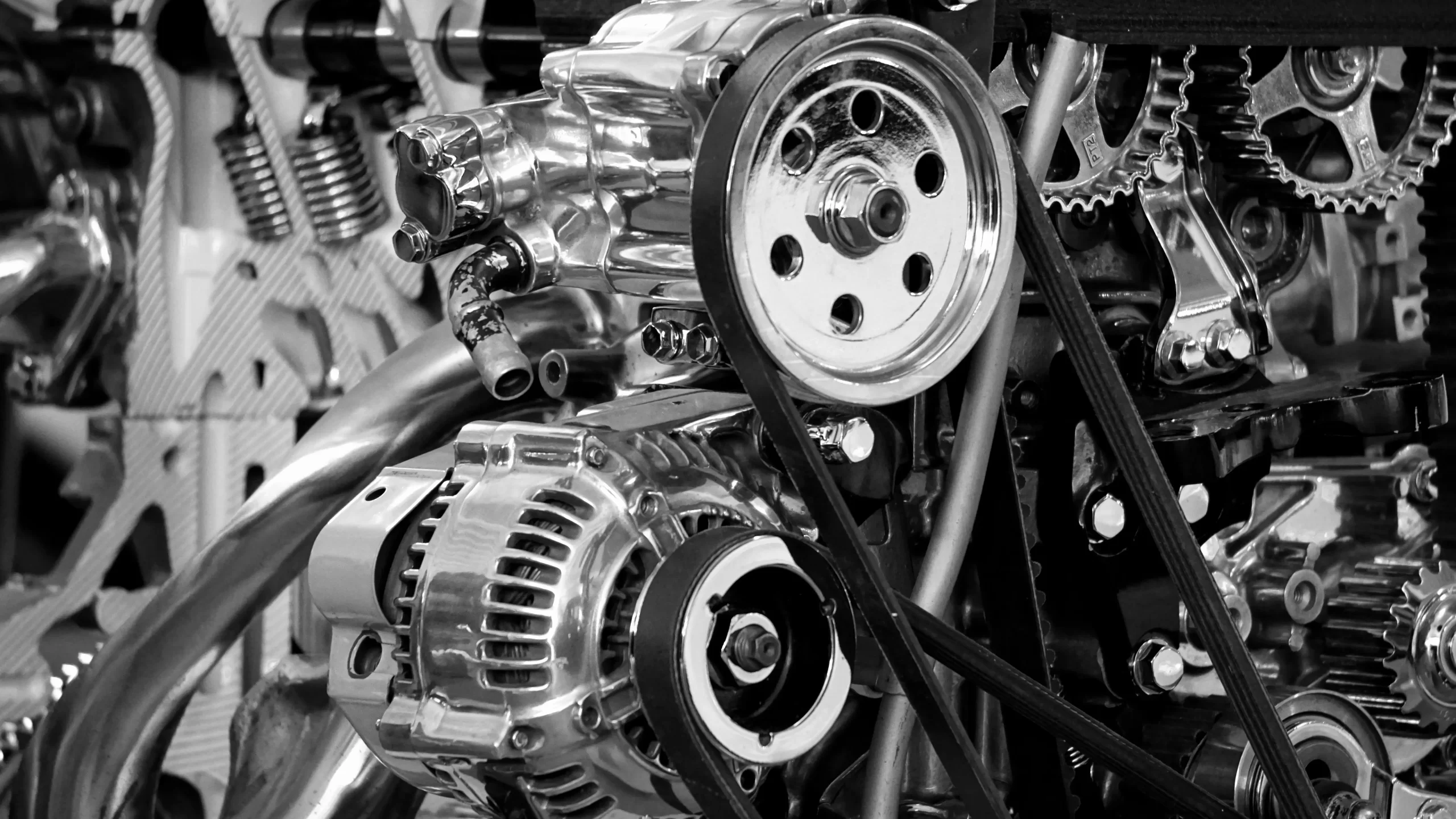
Your car’s transmission is one of its most critical and complex components. When it fails, repairs can be extremely expensive. Fortunately, with proper maintenance and early detection of warning signs, you can keep your transmission running smoothly and avoid costly breakdowns. Here’s what you need to know.
Why Transmission Maintenance Is Essential
The transmission is responsible for transferring power from your engine to the wheels, allowing your vehicle to move. Without proper care, transmission components can wear out or fail prematurely, leading to major repairs or even total replacement. Regular maintenance helps:
- Extend the lifespan of your vehicle
- Improve performance and fuel efficiency
- Prevent unexpected breakdowns
- Save money in the long run
Common Signs of Transmission Trouble
Recognizing early symptoms can make the difference between a simple fix and a major overhaul. Watch for these common signs:
1. Slipping Gears
If your car unexpectedly changes gears or struggles to stay in gear, it may indicate a transmission problem. Slipping gears can cause dangerous driving conditions and should be addressed immediately.
2. Delayed or Rough Shifting
Hesitation or clunky, jerky movements when shifting gears are red flags. Whether you drive an automatic or manual vehicle, smooth shifting is essential for safe operation.
3. Strange Noises
Humming, whining, clunking, or grinding noises when your car shifts gears are often signs of internal transmission issues. Ignoring these sounds can lead to more serious damage.
4. Fluid Leaks
Transmission fluid is vital for lubrication and cooling. If you notice a reddish or brownish puddle under your vehicle, it’s important to have the leak inspected and repaired promptly.
5. Warning Lights
The check engine light or a specific transmission warning light may illuminate if there’s a problem. Don’t ignore dashboard alerts — even if your car seems to drive normally.
How to Avoid Costly Transmission Repairs
A few preventive steps can significantly reduce the risk of serious transmission problems:
1. Check and Change Transmission Fluid
Transmission fluid keeps your transmission lubricated and prevents overheating.
Tips:
- Check the fluid level and condition regularly (refer to your owner’s manual).
- Change the transmission fluid according to the manufacturer’s recommended schedule.
- Use the correct type of transmission fluid for your vehicle.
Dark, burnt-smelling fluid is a warning sign that your transmission needs service.
2. Service the Transmission
Some vehicles require periodic transmission filter replacements and fluid flushes.
Tips:
- Have your transmission inspected during regular service visits.
- Address minor issues early before they escalate into major repairs.
3. Avoid Excessive Heat
Heat is the number one enemy of transmission health.
Tips:
- Avoid towing heavy loads unless your vehicle is equipped for it.
- Use additional cooling systems if you frequently tow or drive in mountainous areas.
- Maintain proper engine cooling to reduce strain on the transmission.
4. Drive Responsibly
Aggressive driving habits can increase wear and tear.
Tips:
- Allow your car to warm up before driving in cold weather.
- Shift gears smoothly and avoid sudden stops or accelerations.
- Follow proper towing practices if hauling heavy loads.
Final Thoughts
Transmission repairs can be among the most expensive fixes your vehicle will ever need — but many issues are preventable with regular maintenance and early action. By staying alert to warning signs, keeping up with fluid changes, and driving responsibly, you can keep your transmission healthy and your car running smoothly for years to come.
For more vehicle care tips and maintenance advice, explore the rest of our blog.






Leave a Reply